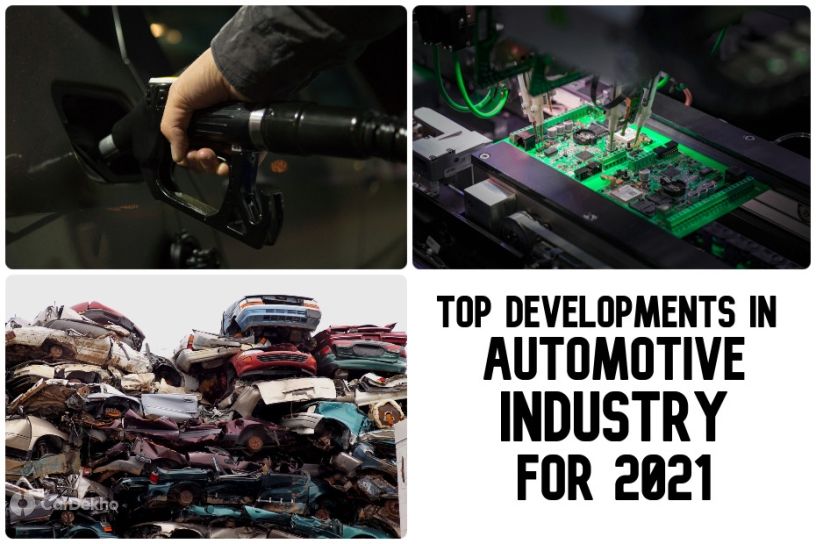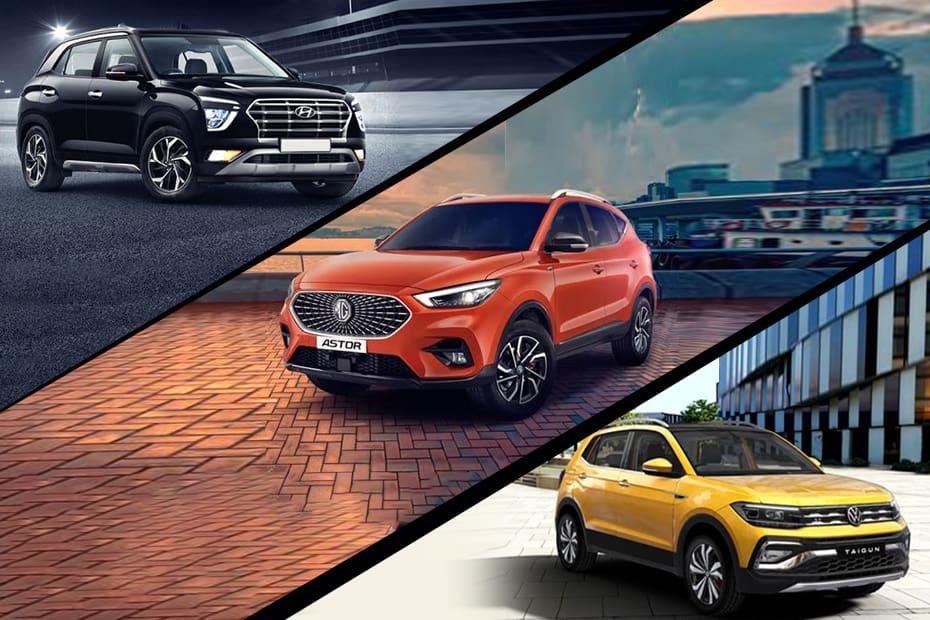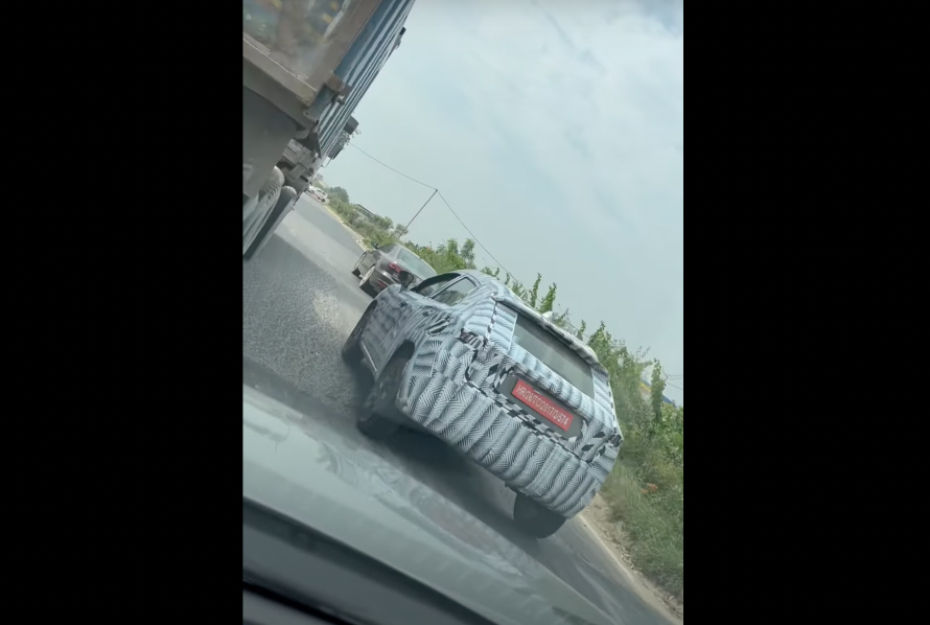Top 10 Developments In The Automotive Industry In 2021
Published On Dec 31, 2021 01:57 PM By Sonny
- Write a comment
We review the events, policies and announcements that affected the industry over the last year

The automotive industry is always evolving and undergoing change, with 2021 presenting its own set of challenges. It witnessed a host of changes in terms of new and upcoming policies as well as factors affecting road transport in general. These were the top developments in the Indian auto space for 2021:
Delayed deliveries due to chip shortages
Perhaps the biggest ongoing news in the car business is the disruption of plans due to a shortage of electronic chips and semiconductors. It has forced carmakers to alter their product timelines and customers are having to wait for ridiculously long periods for their highly equipped, tech-loaded variants.

Scrappage policy and related incentives
Older vehicles that have been running on the road for far too long have been a burden in terms of traffic and on our health with their excess pollution. The government finally brought in a vehicle scrappage policy under the 2021-22 Union Budget and followed it up with guidelines for setting up of scrappage centres around the country. It also includes certain incentives that can vary from state to state for getting people to scrap their End Of Life Vehicles (ELV). These can include discounts on their next car, reduced road tax and free registration.
Tesla’s ongoing discussion over reducing import tariff on EVs
Tesla is the biggest name in EVs and it is yet to launch a single model in India. The year started off promisingly with the American carmaker registering a local branch but not much has happened since. It is interested in setting up local manufacturing but would like to test the market first by importing CBU models. India’s high tariffs on imports does not favour that plan and Tesla has been trying to open a discussion with the government to lower them for EVs. This request was denied at first, but it seems there is room for the carmaker and the government to come to a mutually beneficial solution. Other carmakers are also in support of lowering tariffs for EVs, especially with India’s ambitious plans for switching to electric mobility.

PLI scheme for auto industry
The global shortage for semiconductors and electronic components has awakened many to their dependence on a limited number of suppliers. A lot of the demand is met via imports which is not only expensive but any supply disruption can cause even longer problems like the one being witnessed at present. The Indian government has set aside a total of Rs 2.3 lakh crore (USD 30 billion) for production linked incentives (PLI) towards various components of electronic manufacturing. Rs 76,000 crore of that budget has been assigned just for producing semiconductors and displays which would be of particular importance to the automotive industry. Most recently, it was announced that the government is willing to subsidise chip manufacturing by up to 50 per cent.
Another PLI scheme was introduced to aid the local manufacturing of EVs in India over the next five years.
Mandatory use of FASTag for all toll payments
The Ministry of Road, Transport and Highways (MoRTH) had made it compulsory for all vehicles to have FASTags on your car from the start of 2021. The follow-up to that was mandating that all highway tolls be made via FASTag only from February 15 onwards. Those who were not able to pay via the method for instant digital payment would be required to pay double the toll. However, there has been no mention of any repercussions for the toll not being able to process FASTag payments and forcing people to pay in cash.

Making High-security Registration Plates (HSRPs) mandatory
While all new vehicles would be issued with HSRPs, the government made it mandatory for all vehicles in select cities sold before April 2019 to be fitted with them as well. The benefits of an HSRP is that it is easier for the authorities to scan and harder to fake which also helps reduce the cases of plate-swapping on stolen vehicles.
Push for flex fuel engines by mid-2022
In June 2021, India’s Transport Minister Nitin Gadkari announced that flex fuel engines could become mandatory. These are the engines that can run on a higher ethanol mix in the fuel. The overall goal is to try and reduce the country’s consumption of fossil fuels and thereby reduce the dependence on oil imports. Gadkari is pushing for making flex-fuel engines mandatory by July 2022 but no specifics have been put forward for a policy.

Mandatory deregistration/impounding of end-of-life-vehicles in Delhi
The capital is one of the most polluted cities in the world and has been aggressively trying to combat vehicular pollution. The Delhi Government had already made it illegal for diesel vehicles older than 10 years and petrol vehicles older than 15 years to be plying on the roads. With the scrappage policy in place, the central authority has now deemed it mandatory for any ELVs to be deregistered at the start of 2022. If they’re found to be plying on the roads after deregistration, they will be impounded and sent for scrapping.
New registration rules for vintage cars
The government’s stance against older vehicles still running on the roads had not initially addressed the niche group of car collectors who have classic and vintage cars in running condition. Later in 2021, there was a new ruling announced by which owners could register their vintage cars to be road legal. However, there are a fair few conditions within the ruling regarding what can be classified as vintage and the terms of using it on the road.
Ford closes local production
The original name in mass-produced cars decided to shut its local operations in India this year. Ford had been struggling to gain market share with its ageing products for a while now. It was even in talks with local carmaker Mahindra for a joint venture which fell through, after which the American carmaker decided to cut its losses and end all local production in the country. Ford will still remain operational in India but will only be selling imports brought via the CBU route such as the new Mustang Mach-e sports EV.

Also read: Explained: The Ford Situation -- Why The Indian Car Market Is Such A Tough Nut To Crack
1 out of 1 found this helpful















